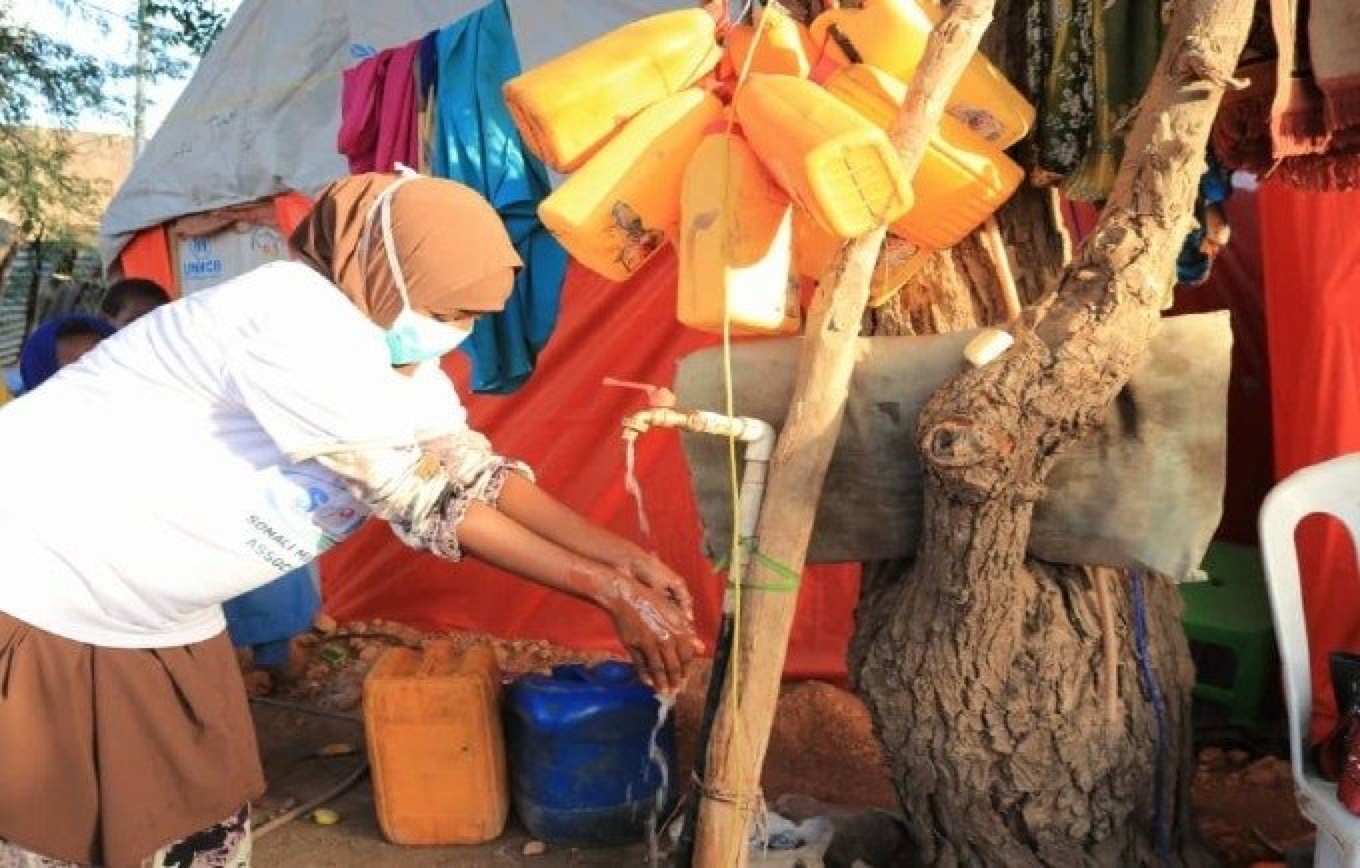
On 16th March 2020 Somalia confirmed the first case of COVID-19. The Federal Government of Somali formed the national contingency plan for preparedness and response for COVID-19 and established an emergency task force comprising of Government Line Ministries, Donors, UN agencies and NGOs. As at 27th April 2020, Somalia had reported 436 cases, 23 deaths and 10 recoveries. To make matters worse, Somalia has only 15 intensive care unit beds in the whole country, no COVID-19 testing facilities and fewer than 2 health care workers per 10.000 people. Humanitarian partners continue to fill critical gaps in healthcare services and most internally displaced persons, depend on NGO-operated health care facilities. Over a third of Somalis do not have enough water to cover their daily needs, let alone more frequent preventative handwashing. Somalia’s health system is fragmented, and the absence of a unified health system governance will affect the capacity of national authorities to present coordinated interventions considering that COVID-19 pandemic requires a well-coordinated preparation, response and capacity that Somalia lacks.
The fragmented healthcare in Somalia, ongoing conflict, violence, major flooding, and a predictable return of desert locust, and COVID 19 could be disastrous to the Somali population. While COVID-19 poses an invisible threat to Somalia, the conflict has not stopped, and still drives displacement and suffering. The resultant of this would be congestion in the IDP camps and the camps would be a breading station for the infectious COVID 19, considering the high risk due to inadequate sanitation and WASH (Water Sanitation and Hygiene facilities), often crowded living conditions and lack of access to decent healthcare
COVID-19 will put additional pressure on Somalia’s health system, which is already unable to meet the demands of basic health care services. COVID-19 could also exacerbate the already dire humanitarian situation in the country, which has gone through decades of conflict and humanitarian emergencies. A further widespread outbreak will be a catastrophic to the Somali population who are already vulnerable and who have serious gaps in terms of basic services.